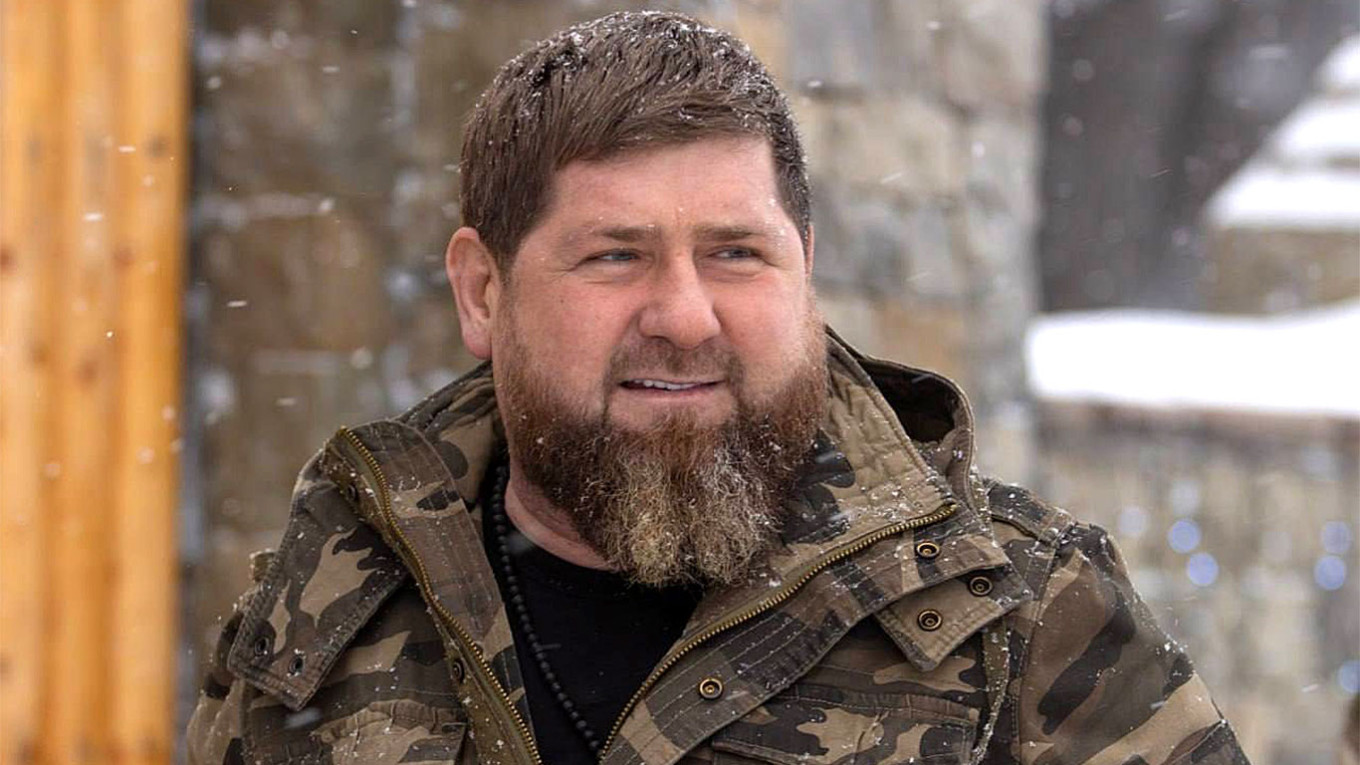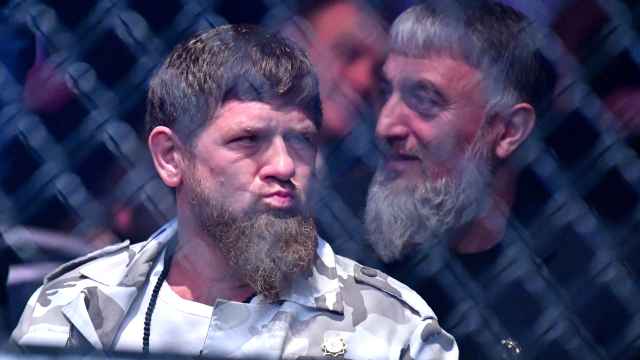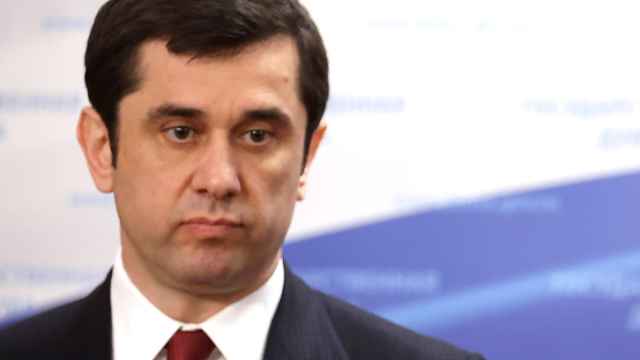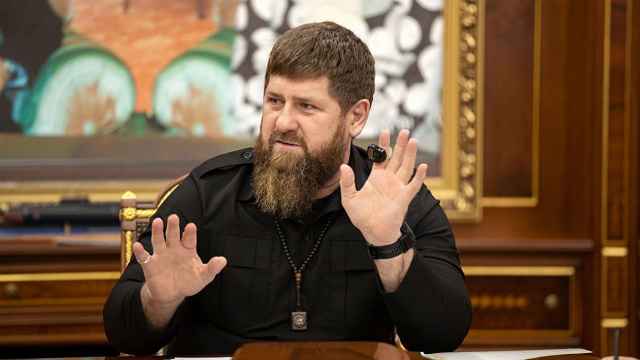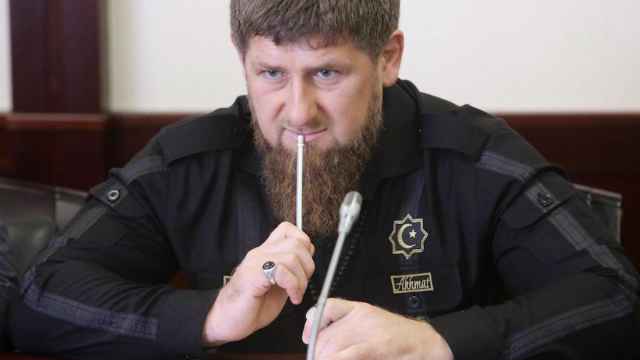The head of the Russian Republic of Chechnya Ramzan Kadyrov criticized Polish Prime Minister Mateusz Morawiecki on Saturday for comments he made in support of Chechnya’s independence during an interview with French news channel LCI.
“There are parts of Russia that are prisons for other nations,” Morawiecki said in an interview with LCI on Friday. “For example, Chechnya … this nation deserves independence.”
Kadyrov, who succeeded his father to head the Russian-installed administration that has ruled Chechnya with an iron fist since a nationalist movement ultimately failed to secure the nation's independence, reacted to Morawiecki’s comments with a video address on Saturday.
“He says that people should support Ichkeria. Where were you when we fought for Ichkerya? When we stood up for the interest of independence?” Kadyrov said, referring to the Chechen Republic of Ichkeria, the independent state proclaimed between the two Chechen wars.
Kadyrov added that Chechens did not want independence and stressed that they had chosen to live as a part of the Russian Federation.
Vocal Kadyrov critic and human rights lawyer Abubakar Yangulbaev publicly disagreed with Kadyrov, however, arguing that the 2003 referendum that backed Chechnya remaining as a federal subject of Russia had been unlawful.
“Voting [in Chechnya] was conducted at gunpoint, neither the Council of Europe nor election observers recognized the results,” Yangulbaev said in a video message posted on his Telegram channel.
Yangulbaev’s view is widely held outside Russia as well. In October, the Ukrainian parliament passed a resolution declaring the Chechen Republic of Ichkeria to be "temporarily occupied by the Russian Federation."
Kadyrov's father Akhmat initially fought on the side of the Chechen Republic of Ichkeria during the First Chechen War (1994-1996), only to switch sides in 1999 when the Second Chechen War began. Moscow appointed him to be the republic's president in 2003.
A Message from The Moscow Times:
Dear readers,
We are facing unprecedented challenges. Russia's Prosecutor General's Office has designated The Moscow Times as an "undesirable" organization, criminalizing our work and putting our staff at risk of prosecution. This follows our earlier unjust labeling as a "foreign agent."
These actions are direct attempts to silence independent journalism in Russia. The authorities claim our work "discredits the decisions of the Russian leadership." We see things differently: we strive to provide accurate, unbiased reporting on Russia.
We, the journalists of The Moscow Times, refuse to be silenced. But to continue our work, we need your help.
Your support, no matter how small, makes a world of difference. If you can, please support us monthly starting from just $2. It's quick to set up, and every contribution makes a significant impact.
By supporting The Moscow Times, you're defending open, independent journalism in the face of repression. Thank you for standing with us.
Remind me later.


